Spark: Developing Secure Attachment
By Heather Thomas, Co-lead Pastor
During Lent we’ve been talking about spiritual insecurity and spiritual security and we’ve been using the lens of attachment theory to help frame what that means. Attachment theory is the study of how we relate to one another, how we develop trust, intimacy and connection.
Our connections and relationships are formed by our experiences which play out in how we relate to each other and also how we relate to God. Secure attachment means we relate with a good sense of independence, connection and self worth. Of course, we are not always secure for many valid and significant reasons. Insecure attachments, or insecure ways of showing up in relationships, can be demonstrated through:
Ambivalence-where we find it difficult to become close to others, we shut down and find it hard to share our truest selves in relationships.
Anxious–where we find ourselves worrying that our relationships may fall apart, or that we are not loved or that we are going to be left alone.
Disorganized–where we can embody some of both ambivalence and anxiousness.
These thoughts and habits and ways of relating show up in our relationships with the people around us and they also show up in our relationship with God. And the point isn’t that we’d tell ourselves that what we are doing is wrong or bad; the point is that we would notice what we are doing and ask ourselves why.
Our childhood and adult experiences, our values, our beliefs - all drive how we relate to others and to God and it's not static because, well, we are complicated. What is true from attachment theory is that we can always move toward developing security because of what is called neuroplasticity, the brain's ability to modify, change and adapt throughout life and in response to experience.
For the next three episodes of the podcast we’ll be talking about this topic.
Robyn Ray joined me last week. Robyn is currently an Adjunct instructor at the University of Utah where she teaches classes about infant and child beginnings and also intimacy and love. She helped frame for us an understanding of secure attachment and talked about how to develop it.
Johanny Mulvilhill joined me this week. Johanny is from the Dominican Republic where she practices as a licensed clinical therapist. She recently moved to Utah and shares her personal story as a way to encourage us toward deeper, more secure relationships. She is passionate about this topic in particular because of how much it has helped bring healthy change to her personal relationships.
Next week, I’ll be joined by Virginia Brewster who is also a licensed professional counselor living in Maine. Her work finds her with kids and also people with criminal behaviors. The latter have often caused damage to relationships and have usually had damage in their relationships from the past. Virginia loves to talk to people about learning to trust and how to feel safe and learn to be safe for others. This podcast gives us some really practical tools for how we can develop trusted connections both with God and others.
The hope for this series of podcasts is to give skills, tools and practices that will help us in our everyday lives develop deeper security in our relationship with God and others. With practice we can act less out of places of anxiety and avoidance and more fully into the ways of security and love.
Join us for these conversations: Spark

